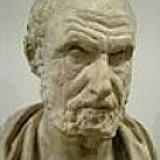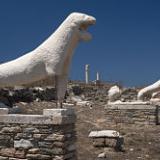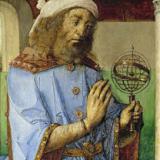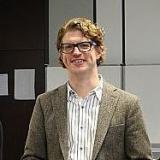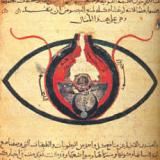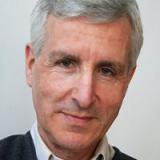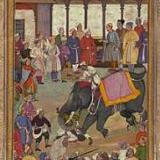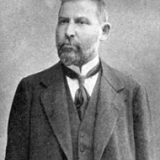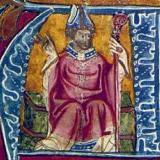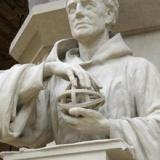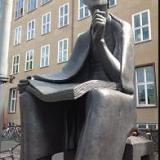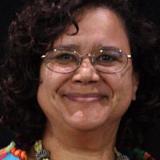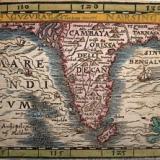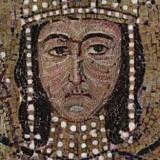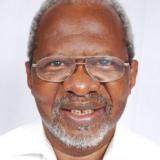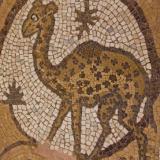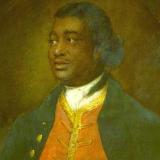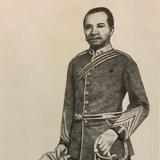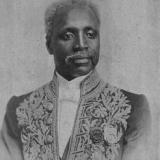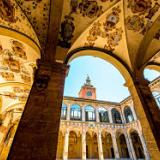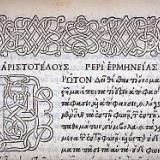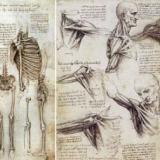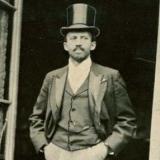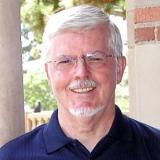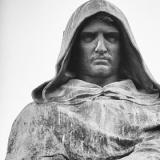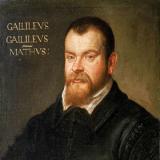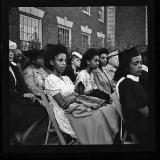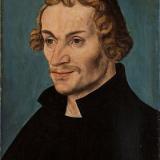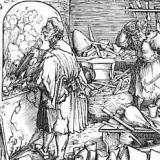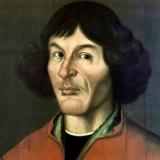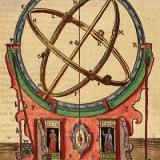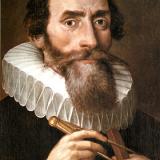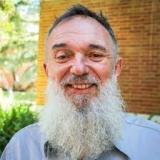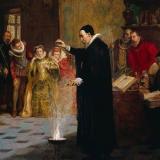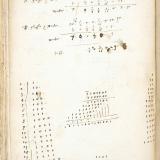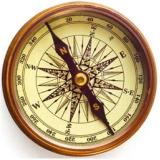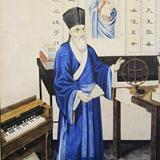Sciences (e.g. astronomy, optics, zoology)
Posted on
Early Greek medicine up until Hippocrates, and its relation to Pre-Socratic philosophers like Empedocles.
Posted on
Aristotle’s scientific outlook is perhaps best displayed in his zoology. Peter looks at his theories of inheritance, spontaneous generation, and the eternity of animal species.
Posted on
Ptolemy uses philosophy in the service of studying the stars, while philosophers of all persuasions evaluate the widespread practice of astrology.
Posted on
James Wilberding joins Peter to show that contrary to what is often claimed, Neoplatonists did make contributions to the philosophy of nature. Topics include Plotinus on the cosmos and Porphyry on embryology.
Posted on
Ibn al-Haytham draws on the tradition of geometrical optics to explain the mystery of human eyesight.
Posted on
Leading scholar of medieval Jewish thought Gad Freudenthal joins Peter in a concluding episode on Andalusian thought.
Posted on
Philosophy and science survive and even thrive through the coming of the Mongols.
Posted on
18th and 19th century intellectuals in India and the Ottoman empire, from Shāh Walī Allāhto the Young Turks, continue Islamic traditions and grapple with European science.
Posted on
Translator, scientist and theologian Robert Grosseteste sheds light on the cosmos, human understanding, and the rainbow.
Posted on
Roger Bacon extols the power of science based on experience and uses a general theory of "species" to explain light and vision.
Posted on
Albert the Great earns his nickname “universal doctor” by devoting himself to the whole of nature, from geology and botany to the study of human nature.
Posted on
An interview with Monica Green reveals parallels between medicine and philosophy in the middle ages.
Posted on
The impact of ancient Indian thought upon the Muslim scholar al-Bīrūnī and upon European thinkers like Hume, Hegel, and Schopenhauer.
Posted on
Princess Anna Komnene makes good use of her political retirement by writing her Alexiad and gathering a circle of scholars to write commentaries on Aristotle.
Posted on
Paulin Hountondji (pictured) and other African philosophers criticize ethnophilosophy and advocate a universalist approach.
Posted on
Mathematics and the sciences in Byzantium, focusing on scholars of the Palaiologan period like Blemmydes and Metochites.
Posted on
Ignatius Sancho and Benjamin Banneker make their mark on the history of Africana thought through letters that reflect on the power of sentiment.
Posted on
Africanus Horton looks toward a future of self-government for West Africa beyond slavery and colonialism.
Posted on
Haitian anthropologist Anténor Firmin debunks racist pseudo-science and argues that inequalities among humans are caused by social, not biological, factors.
Posted on
The blurry line dividing humanism and scholastic university culture in the Italian Renaissance.
Posted on
Aristotle’s works are edited, printed, and translated, leading to new assessments of his thought among both humanists and scholastics.
Posted on
An interview with Dag Nikolaus Hasse on the Renaissance reception of Averroes, Avicenna, and other authors who wrote in Arabic.
Posted on
Connections between philosophy and advances in medicine, including the anatomy of Vesalius.
Posted on
W.E.B. Du Bois emerges as a historian, sociologist, and innovative philosophical thinker in the 1890s, and introduces his famous idea of "double consciousness."
Posted on
Brian Copenhaver joins us to explain how Ficino and other Renaissance philosophers thought about magic.
Posted on
Giordano Bruno’s stunning vision of an infinite universe with infinite worlds, and his own untimely end.
Posted on
Did Galileo’s scientific discoveries grow out of the culture of the Italian Renaissance?
Posted on
From the latter half of the nineteenth century to the 1970s, African Americans only rarely obtain jobs as philosophy professors but bring distinctive perspectives to the profession.
Posted on
Luther’s close ally Melanchthon uses his knowledge of ancient philosophy and rhetoric in the service of the Reformation.
Posted on
Guest Liam Kofi Bright discusses Du Bois' ideal of value-free science and the place of science within his wider thought.
Posted on
Paracelsus adapts the tradition of alchemical science for use in medicine, and in the process overturns the scientific theories of Aristotle and Galen.
Posted on
Schegk, Taurellus, Gorlaeus, and Sennert revive atomism to explain chemical reactions, the composition of bodies, and the generation of organisms.
Posted on
How revolutionary was the Copernican Revolution?
Posted on
Responses to Copernicus in the 16th century, culminating with the master of astral observation Tycho Brahe.
Posted on
Kepler combines Brahe's observations, Copernicus' astronomy, and Platonist metaphysics.
Posted on
Comets! Magnets! Armadillos! In this wide-ranging interview Lorraine Daston tells us how Renaissance and early modern scientists dealt with the extraordinary events they called "wonders".
Posted on
A chat with Ann Blair about the "Theater of Nature" by Jean Bodin, and other encyclopedic works of natural philosophy. (Pictured: Prof Blair holding the annotated copy of Bodin's Theatrum she describes in the episode.)
Posted on
A discussion of the history and philosophical significance of scholasticism from medieval times to early modernity, and even today.
Posted on
Science, intrigue, exploration, angelic seances! It's the life and thought of Elizabethan mathematician and magician John Dee.
Posted on
How scientists of the Elizabethan age anticipated the discoveries and methods of the Enlightenment (without necessarily publishing them).
Posted on
Changing ideas about eyesight, light, mirror images, and refraction – and the skeptical worries they may have inspired.
Posted on
The cosmological and methodological implications of breakthroughs in the understanding of magnetism and electricity at the turn of the 17th century.
Posted on
An expert on Renaissance alchemy tells us how this art related to philosophy at the time... and how she has tried to reproduce its results!
Posted on
Iberian expeditions to the Americas inspire scientists, and Matteo Ricci’s religious mission to Asia becomes an encounter between European and Chinese philosophy.

